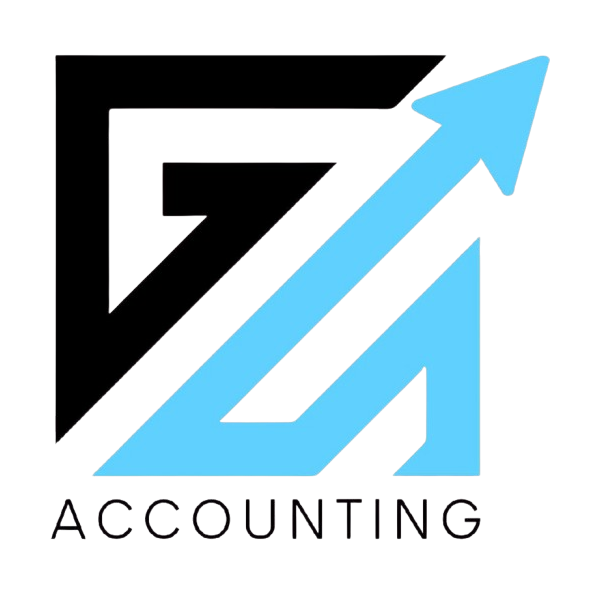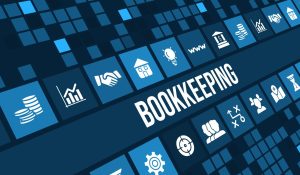Revolutionizing Tax Compliance: The Power of Tax Apps and Consulting Services
In today’s fast-paced digital landscape, tax management is no longer confined to stacks of paper and manual calculations. The rise of “Tax Apps” has ushered in a new era of efficiency, accuracy, and strategic insight for businesses of all sizes. These innovative applications, often complemented by specialized consulting services, are transforming how companies approach their tax obligations, offering a significant competitive advantage.
The Evolution of Tax Management: From Manual to Digital
For decades, tax preparation was a laborious and often error-prone process. Businesses grappled with mountains of receipts, complex legislation, and the constant fear of missed deadlines or costly mistakes. The advent of tax apps has dramatically changed this narrative. These digital solutions automate numerous tasks, centralize financial data, and provide real-time visibility into a company’s tax position.
What are Tax Apps?
At their core, tax apps are software applications designed to streamline various aspects of tax management. This can range from simple expense tracking and receipt management for sole proprietors to sophisticated platforms handling complex corporate tax provisions, sales tax compliance across multiple jurisdictions, and global payroll tax obligations.
Key features often include:
- Automated Data Entry: Utilizing technologies like Optical Character Recognition (OCR) to scan and categorize receipts and invoices, significantly reducing manual input.
- Real-time Calculation & Optimization: Continuously calculating tax liabilities based on updated financial data and identifying potential deductions and credits.
- Compliance & Regulatory Updates: Automatically integrating the latest tax laws and regulations, ensuring businesses remain compliant and avoid penalties.
- Secure Document Management: Providing a centralized, secure repository for all tax-related documents, accessible from anywhere.
- Reporting & Analytics: Generating customizable reports that offer insights into tax liabilities, cash flow patterns, and opportunities for tax planning.
- Integration Capabilities: Seamlessly connecting with other accounting software (e.g., QuickBooks, Xero), payroll systems, and e-commerce platforms.
- Client Communication & Collaboration Tools: For tax professionals, these apps offer secure client portals, automated reminders for deadlines, and streamlined document collection.
The Indispensable Role of Consulting Services
While tax apps offer incredible capabilities, their full potential is often unlocked through expert consulting services. Tax app consultants are not merely IT specialists; they possess a deep understanding of both tax law and technology. Their expertise is crucial in:
- Needs Assessment and Solution Selection: Helping businesses identify the most suitable tax app based on their specific size, industry, complexity of operations, and tax obligations. This is vital, as a small freelancer’s needs differ vastly from those of a multinational corporation.
- Implementation and Integration: Guiding the seamless integration of tax apps with existing financial systems (ERP, accounting software, payroll). This often involves data migration, system configuration, and ensuring smooth data flow across platforms.
- Customization and Optimization: Tailoring the tax app’s functionalities to meet unique business requirements, configuring workflows, and optimizing settings for maximum efficiency and compliance.
- Training and Support: Providing comprehensive training to internal teams on how to effectively use the chosen tax app, fostering internal expertise and ensuring smooth adoption. They also offer ongoing support to troubleshoot issues and adapt to evolving needs.
- Strategic Tax Planning: Leveraging the data and insights provided by the tax apps to develop proactive tax strategies, minimize tax liabilities, and ensure long-term financial health.
- Staying Ahead of Regulatory Changes: Offering continuous guidance on new tax legislation and ensuring the app’s configuration and business processes remain compliant.
Benefits for Businesses: A Paradigm Shift
The combined power of tax apps and consulting services delivers a multitude of benefits:
- Increased Accuracy and Reduced Errors: Automation minimizes human error in calculations and data entry, leading to more accurate tax filings and fewer penalties.
- Enhanced Efficiency and Time Savings: Streamlined processes free up valuable time for finance teams, allowing them to focus on more strategic initiatives rather.
- Improved Compliance and Reduced Risk: Real-time updates on tax laws and automated checks ensure adherence to regulations, significantly lowering the risk of audits and fines.
- Better Financial Visibility and Control: Centralized data and comprehensive reporting provide a clearer picture of financial health and tax liabilities, enabling informed decision-making.
- Cost Savings: By optimizing tax deductions, reducing administrative overhead, and avoiding penalties, businesses can realize significant cost efficiencies.
- Scalability: Tax apps can adapt to a business’s growth, handling increasing volumes of transactions and expanding tax complexities.
- Peace of Mind: Knowing that tax obligations are being managed accurately and efficiently provides businesses with a crucial sense of security.
The Future of Tax: Intelligent and Integrated
As technology continues to advance, tax apps will become even more sophisticated, incorporating AI and machine learning for predictive insights, enhanced fraud detection, and hyper-personalized tax advice. Consulting services will evolve alongside, focusing on even more strategic partnerships, leveraging these advanced capabilities to drive unprecedented value for businesses.
In an increasingly complex tax environment, embracing tax apps and the expertise of dedicated consulting services is not just a trend; it’s a strategic imperative for any business looking to optimize its financial operations, ensure compliance, and achieve sustainable growth.







